Stupid videos continue to flood the Internet in Japan, while one company is looking to send a message.
lawsuit (Page 2)
Verdict handed down in multi-year fight between facial hair and Municipal Transportation Bureau.
Either a double dose of caution or passive-aggressiveness against Nintendo has MariCar’s go-carts looking weirder than ever.
Court orders halt to cosplay rentals, payment of fine for copyright infringement.
Lawsuit claims Tepco misled scale of 2011 Fukushima disaster, causing relief workers to be exposed to radiation.
High Court hands down ruling in three-year legal dispute stemming from different attitudes between hard-core idol singer fans.
Latest Evangelion-related desire is less “Get in the damn robot!” and more “Pay the damn royalties!”
Suit tossed out of Tokyo district court in rare win for idols’ romantic freedom.
On November 18 a young woman was spotted on the streets of Shenzhen City in Guangdong, China carrying a sign which read: “Overnight and overtime work has made me into an old lady. Both my love and work lives are miserable. I request approval for workers’ compensation.”
It was an unusual yet straightforward demand that triggered debate and reflection on the state of working conditions in the country.
With famously low crime rates and an honest society that returns wallets full of cash, Japanese cops usually have it a bit easier than their overseas counterparts. But while they may have some extra time on their hands, Japanese police officers still are put in the line of danger catching the bad guys and keeping Japan safe.
One cop in Saitama Prefecture was reminded of this reality when he was got banged up pretty badly and broke his expensive Rolex watch a couple of years ago while pursuing a man suspected of exposing himself to a young girl. This cop shocked his colleagues and the public last week when Japanese media reported that, after arresting the suspect, the police officer took the man to court and sued for him for damages including more than 700,000 yen (US$5,949) to repair the watch!
Last year, we brought you news of a court ruling in Yokohama which stipulated that anyone who owns a device capable of receiving a TV signal, regardless of whether they’ve entered into a contract with NHK (Japan’s public broadcasting station) or not, is legally obligated to pay the NHK licensing fee. An important point to note is that the fees are only paid once per household, and not according to the number of TV sets or devices capable of receiving a signal in the house.
However, a recent court decision seems to be taking the issue of NHK licensing fees in a whole new direction. On October 9, Tokyo District Court ruled in a first-of-its-kind lawsuit that the management company behind three Tokyo hotels must first enter into a contract with the public broadcaster. Furthermore, the hotels, all three of which had refused to enter into contracts despite repeated requests from NHK, must also pay their overdue licensing fees in proportion to the number of hotel rooms with TVs.
Just wait til you read how much money that all comes out to be…
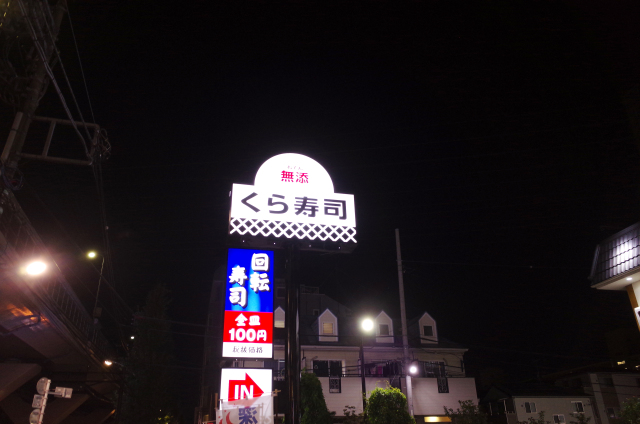


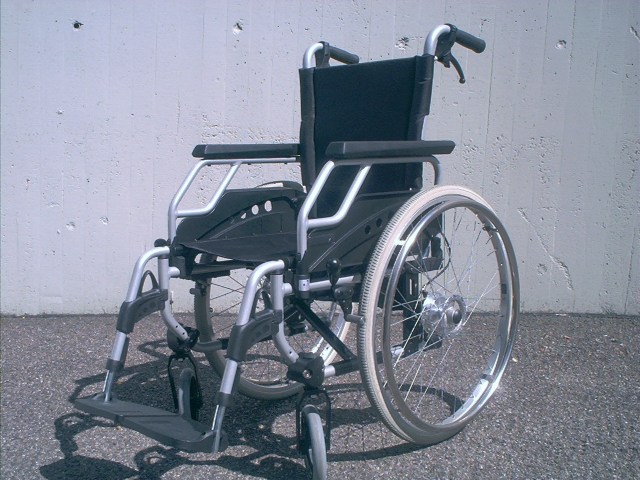
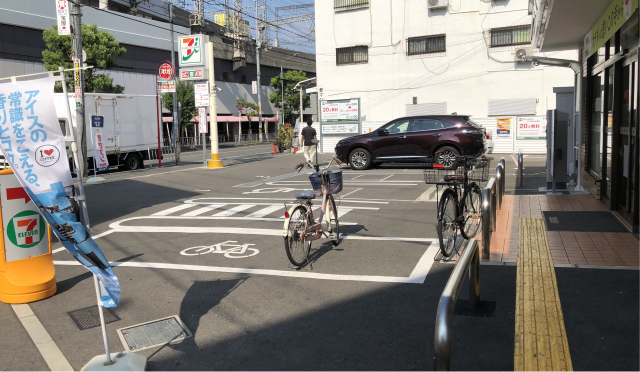


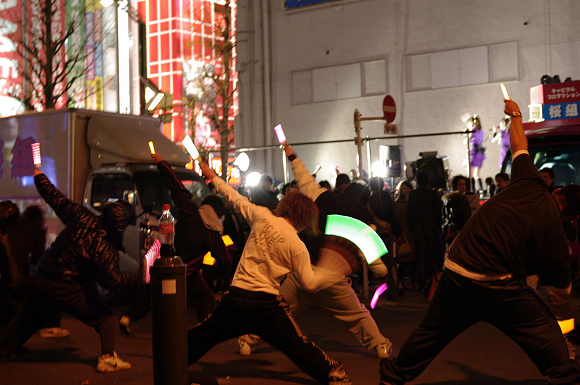

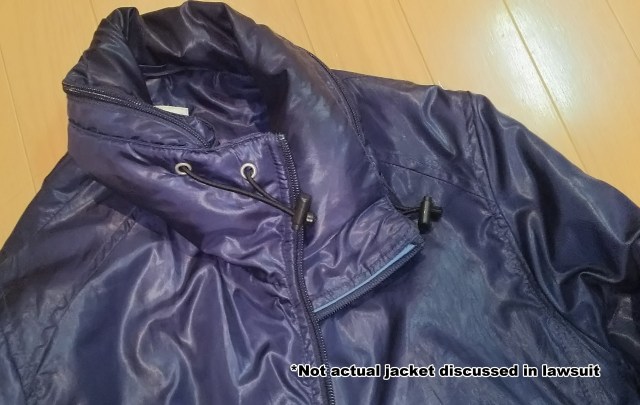
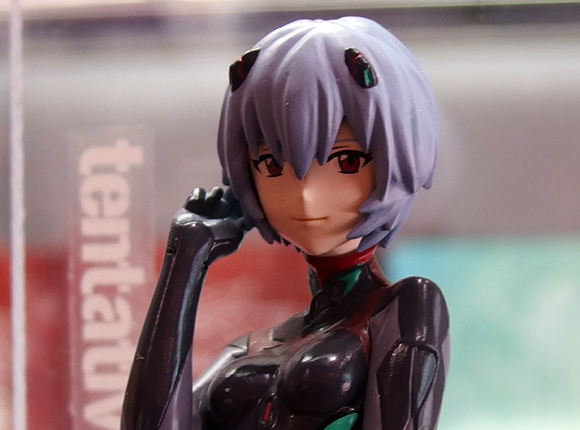
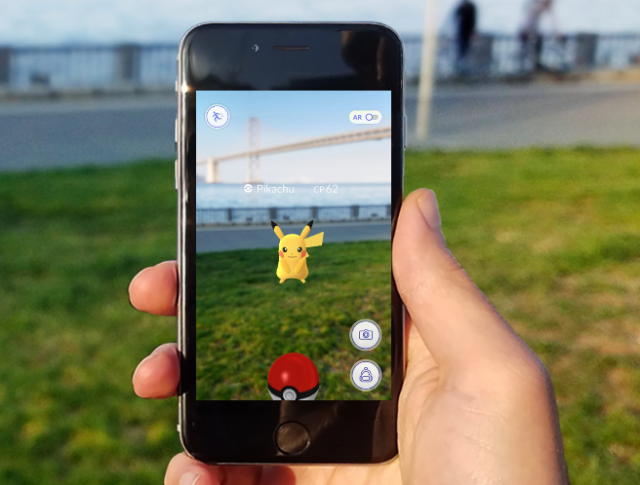
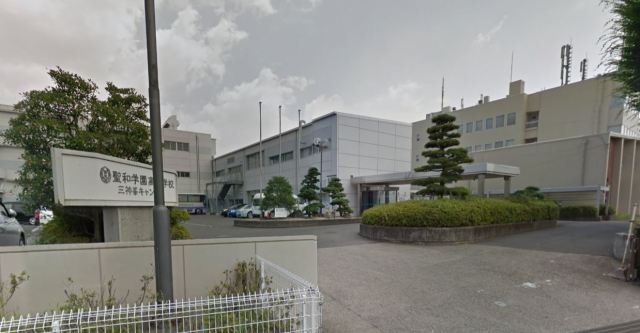
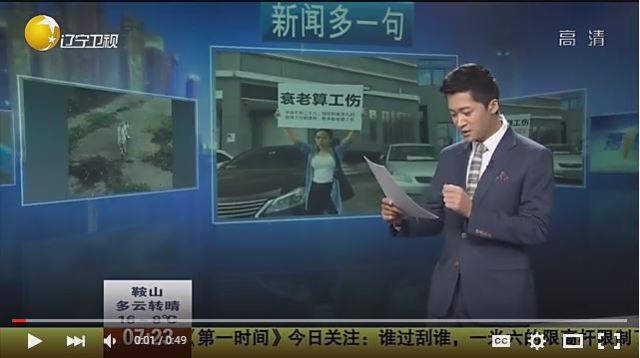


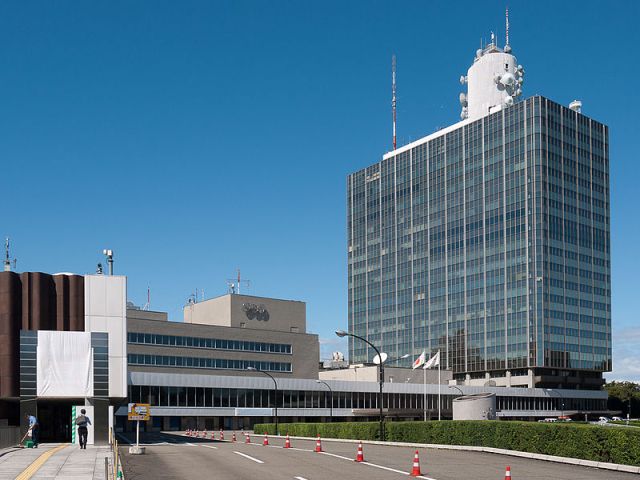
 The best Hobonichi diaries, covers and stationery for 2026
The best Hobonichi diaries, covers and stationery for 2026 Naruto and Converse team up for new line of shinobi sneakers[Photos]
Naruto and Converse team up for new line of shinobi sneakers[Photos] Beautiful blue apple jam is taking the Japanese internet’s breath away!
Beautiful blue apple jam is taking the Japanese internet’s breath away! McDonald’s ad in Japan causes controversy overseas
McDonald’s ad in Japan causes controversy overseas Japanese gamers anxious to get hands on South Korea’s latest hit: Destiny Child 【Pics, Videos】
Japanese gamers anxious to get hands on South Korea’s latest hit: Destiny Child 【Pics, Videos】 Our reporter takes her 71-year-old mother to a visual kei concert for the first time
Our reporter takes her 71-year-old mother to a visual kei concert for the first time 7-Eleven Japan’s sakura sweets season is underway right now!
7-Eleven Japan’s sakura sweets season is underway right now! Tokyo street sweets: The must-snack treats of Nakano’s Refutei
Tokyo street sweets: The must-snack treats of Nakano’s Refutei We asked a specialist to tell us about all the benefits of traditional Japanese underwear
We asked a specialist to tell us about all the benefits of traditional Japanese underwear The Deep Matcha Matcha of Matcha-Cha, an awesome green tea sweets cafe in an unexpected place
The Deep Matcha Matcha of Matcha-Cha, an awesome green tea sweets cafe in an unexpected place Starbucks Japan releases first-ever Hinamatsuri Girls’ Day Frappuccino
Starbucks Japan releases first-ever Hinamatsuri Girls’ Day Frappuccino Japanese restaurant chain serves Dragon Ball donuts and Senzu Beans this spring
Japanese restaurant chain serves Dragon Ball donuts and Senzu Beans this spring Highest Starbucks in Japan set to open this spring in the Tokyo sky
Highest Starbucks in Japan set to open this spring in the Tokyo sky Tokyo Skytree turns pink for the cherry blossom season
Tokyo Skytree turns pink for the cherry blossom season Japan Extreme Budget Travel! A trip from Tokyo to Izumo for just 30,000 yen [Part 1]
Japan Extreme Budget Travel! A trip from Tokyo to Izumo for just 30,000 yen [Part 1] Yakuzen ramen restaurant in Tokyo is very different to a yakuza ramen restaurant
Yakuzen ramen restaurant in Tokyo is very different to a yakuza ramen restaurant Japan has only one airport named after a samurai, so let’s check out Kochi Ryoma【Photos】
Japan has only one airport named after a samurai, so let’s check out Kochi Ryoma【Photos】 Japanese drugstore sells onigiri at pre-stupid era prices, but how do they compare to 7-Eleven?
Japanese drugstore sells onigiri at pre-stupid era prices, but how do they compare to 7-Eleven? Japan Extreme Budget Travel! A trip from Tokyo to Izumo for just 30,000 yen [Part 2]
Japan Extreme Budget Travel! A trip from Tokyo to Izumo for just 30,000 yen [Part 2] Adorable Totoro acorn key holders come with a special guest hidden inside[Photos]
Adorable Totoro acorn key holders come with a special guest hidden inside[Photos] Japan’s newest Shinkansen has no seats…or passengers [Video]
Japan’s newest Shinkansen has no seats…or passengers [Video] Starbucks Japan releases new sakura goods and drinkware for cherry blossom season 2026
Starbucks Japan releases new sakura goods and drinkware for cherry blossom season 2026 Foreigners accounting for over 80 percent of off-course skiers needing rescue in Japan’s Hokkaido
Foreigners accounting for over 80 percent of off-course skiers needing rescue in Japan’s Hokkaido Super-salty pizza sends six kids to the hospital in Japan, linguistics blamed
Super-salty pizza sends six kids to the hospital in Japan, linguistics blamed Starbucks Japan unveils new sakura Frappuccino for cherry blossom season 2026
Starbucks Japan unveils new sakura Frappuccino for cherry blossom season 2026 Foreign tourists in Japan will get free Shinkansen tickets to promote regional tourism
Foreign tourists in Japan will get free Shinkansen tickets to promote regional tourism The 10 most annoying things foreign tourists do on Japanese trains, according to locals
The 10 most annoying things foreign tourists do on Japanese trains, according to locals Take a trip to Japan’s Dododo Land, the most irritating place on Earth
Take a trip to Japan’s Dododo Land, the most irritating place on Earth Is China’s don’t-go-to-Japan warning affecting the lines at a popular Tokyo gyukatsu restaurant?
Is China’s don’t-go-to-Japan warning affecting the lines at a popular Tokyo gyukatsu restaurant? Survey asks foreign tourists what bothered them in Japan, more than half gave same answer
Survey asks foreign tourists what bothered them in Japan, more than half gave same answer Japan’s human washing machines will go on sale to general public, demos to be held in Tokyo
Japan’s human washing machines will go on sale to general public, demos to be held in Tokyo Starbucks Japan releases new drinkware and goods for Valentine’s Day
Starbucks Japan releases new drinkware and goods for Valentine’s Day We deeply regret going into this tunnel on our walk in the mountains of Japan
We deeply regret going into this tunnel on our walk in the mountains of Japan Studio Ghibli releases Kodama forest spirits from Princess Mononoke to light up your home
Studio Ghibli releases Kodama forest spirits from Princess Mononoke to light up your home Major Japanese hotel chain says reservations via overseas booking sites may not be valid
Major Japanese hotel chain says reservations via overseas booking sites may not be valid Put sesame oil in your coffee? Japanese maker says it’s the best way to start your day【Taste test】
Put sesame oil in your coffee? Japanese maker says it’s the best way to start your day【Taste test】 No more using real katana for tourism activities, Japan’s National Police Agency says
No more using real katana for tourism activities, Japan’s National Police Agency says Our reporter takes her 71-year-old mother to a visual kei concert for the first time
Our reporter takes her 71-year-old mother to a visual kei concert for the first time 7-Eleven Japan’s sakura sweets season is underway right now!
7-Eleven Japan’s sakura sweets season is underway right now! Tokyo street sweets: The must-snack treats of Nakano’s Refutei
Tokyo street sweets: The must-snack treats of Nakano’s Refutei We asked a specialist to tell us about all the benefits of traditional Japanese underwear
We asked a specialist to tell us about all the benefits of traditional Japanese underwear The Deep Matcha Matcha of Matcha-Cha, an awesome green tea sweets cafe in an unexpected place
The Deep Matcha Matcha of Matcha-Cha, an awesome green tea sweets cafe in an unexpected place It’s illegal for yakuza to go to professional baseball games in Japan, Tokyo arrests remind us
It’s illegal for yakuza to go to professional baseball games in Japan, Tokyo arrests remind us Japanese Twitter explains why plump sofas, and girls, are better than skinny ones
Japanese Twitter explains why plump sofas, and girls, are better than skinny ones Japanese man accepts hostess’ invitation for night view date, sees type of stars he didn’t want to
Japanese man accepts hostess’ invitation for night view date, sees type of stars he didn’t want to Incredible Final Fantasy XIV building-projection in Yokohama will make your jaw drop 【Video】
Incredible Final Fantasy XIV building-projection in Yokohama will make your jaw drop 【Video】 Why don’t black-and-white cats have light-coloured backs and black bellies?
Why don’t black-and-white cats have light-coloured backs and black bellies? Would you care for a sip of my “Princess Urine” energy drink?
Would you care for a sip of my “Princess Urine” energy drink? McDonald’s Japan releases brand new Matcha McFlurry for a limited time
McDonald’s Japan releases brand new Matcha McFlurry for a limited time